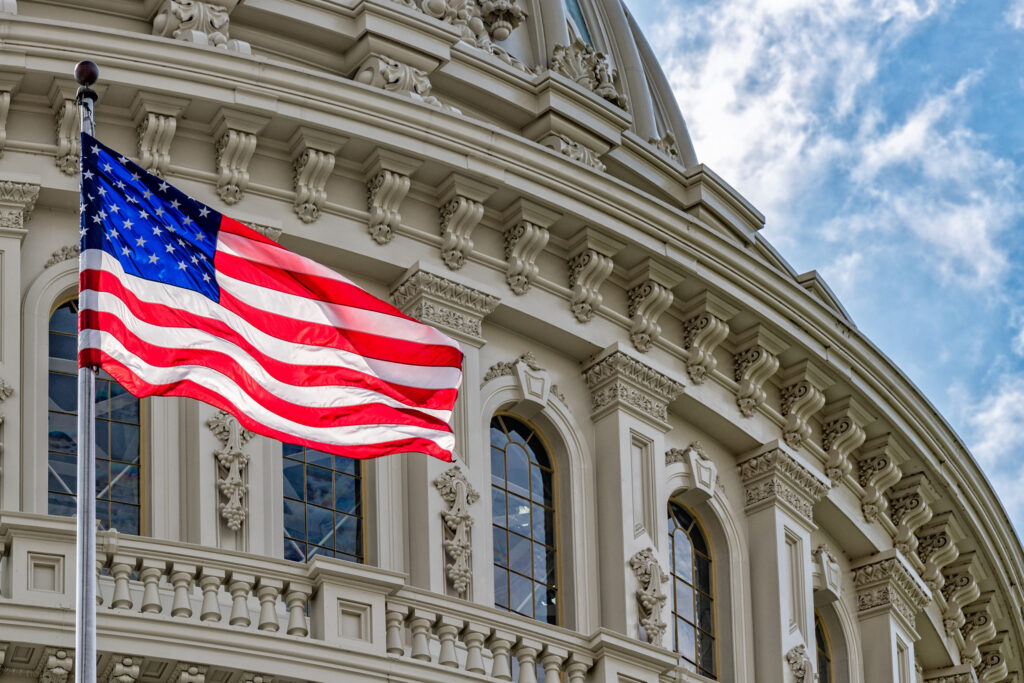Some are raising caution that there’s political risk if provider cuts become part of political efforts in legislation affecting Medicare to balance the federal budget or a deal on raising the debt limit.
Axois’ recent article entitled “Doctors prod Congress to do more on Medicare pay” reports that the American Medical Association and about 100 other physician groups recently called for “long-term, substantive payment reforms,” saying Medicare payments to clinicians have declined 22% from 2001 to 2021, when adjusted for inflation. They would like to see an inflation adjustment built into their rates, to help make sure they can make enough treating Medicare patients while costs rise.
“Our payroll has gone up 20% in the last year,” said Bobby Mukkamala, a head and neck surgeon and immediate past president of the AMA Board of Trustees.
Physician groups say the burden is especially hard for independent practices struggling with year-to-year cuts.
“I have heard from a few people who have said this may push them into early retirement or changing to a nonclinical career or potentially selling their practice,” Tochi Iroku-Malize, president of the American Academy of Family Physicians, told Axios.
The pleas come at a politically loaded moment, with Medicare looking like a 2024 campaign issue and both parties vowing to save the program. There are numerous reforms that would reduce Medicare spending and shore up the program’s solvency. This might be accomplished by not cutting seniors’ benefits, but through reductions to fees paid to health industry groups.
Republicans won a partial reprieve in the year-end spending package, with a rollback of scheduled cuts to the Medicare physician fee schedule that doctors groups had portrayed as economically ruinous. The surprise billing law also created an arbitration process to settle billing disputes with insurers. Even so, some physician groups are suing to challenge the way the Biden administration is implementing the process.
“Physician payment is not a new problem, but is one that should be addressed this Congress,” said Rep. Michael Burgess (R-Texas), a senior member of the House Energy and Commerce Committee. “It is important that we put forward policies that will encourage more physicians to keep or take more Medicare patients rather than the trend of physicians not being able to provide them care.”
Provider groups have warned that without more funding, some clinicians will be forced to sell their practices to health systems or private equity firms.
“More than 50% of physicians don’t own their own practices, and that’s a trend that given the way things are going, I don’t see that changing any time soon,” Mukkamala said.
If you find this article useful or informative, please consider subscribing to our blog and newsletter for regular updates.
Reference: Axois (Feb. 15, 2013) “Doctors prod Congress to do more on Medicare pay”

